Point Galaxy Review – Out of this world tableau building
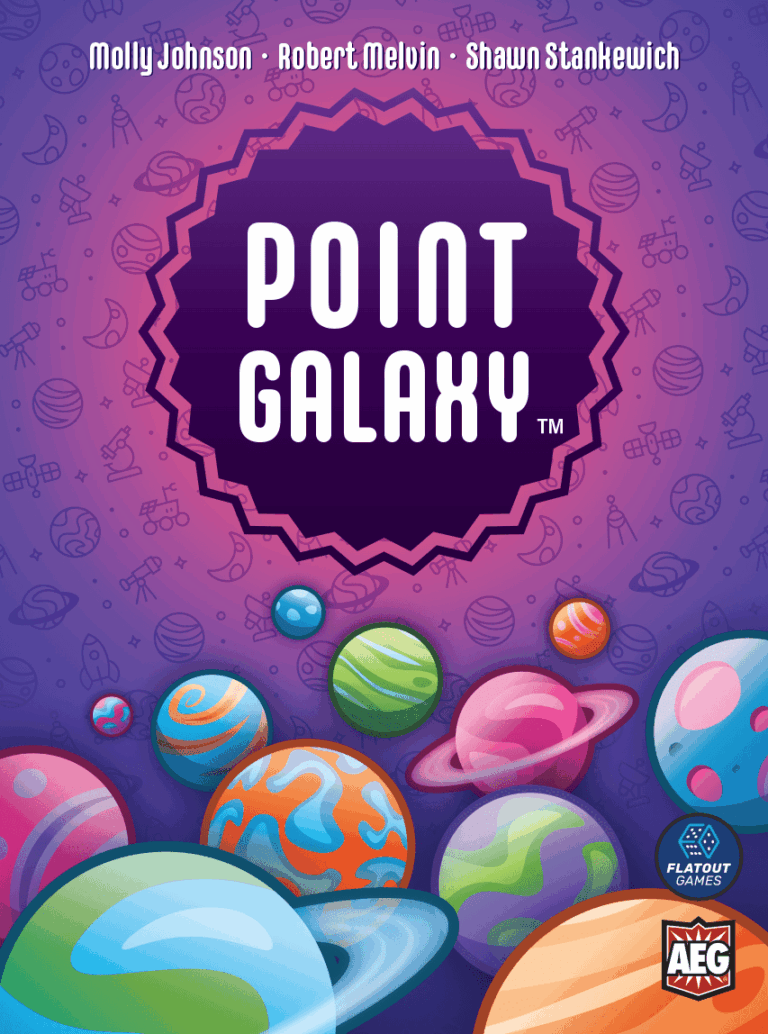
Point Galaxy is absolutely slathered with the Point game jam that Shawn, Molly, and Robert cook up in the Flatout Games kitchen.
Competitive games with low interaction

Point Galaxy is absolutely slathered with the Point game jam that Shawn, Molly, and Robert cook up in the Flatout Games kitchen.

Roller Disco is a ladder-climbing shedding game with a strong sense of style, unlike pretty much every other game with similar DNA.

Sanctuary is lighter than Ark Nova, but still enough to get your teeth stuck into, and yes, I believe there's space in your collection for both.
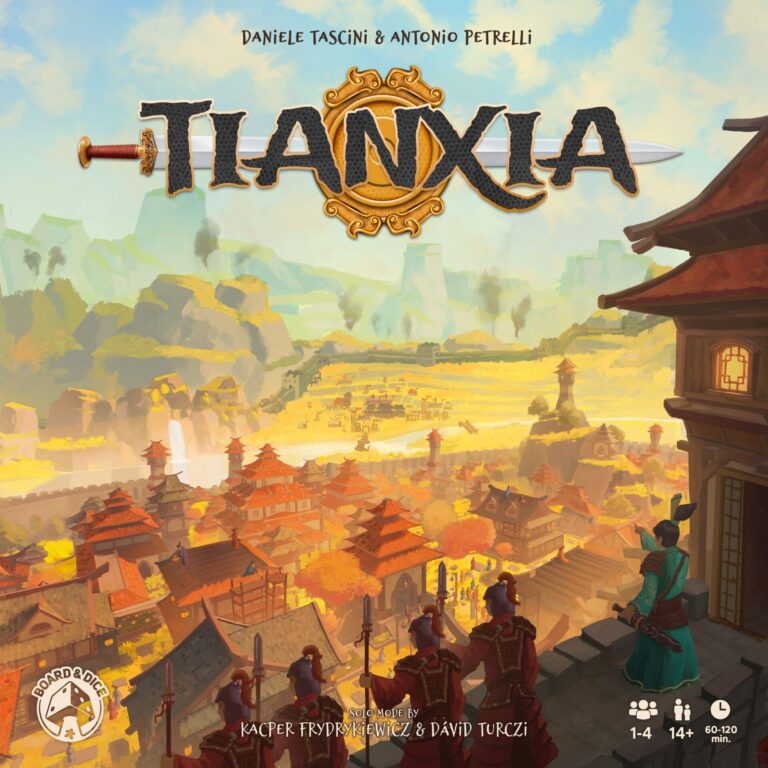
I like Tianxia a lot; it does things you rarely see in modern games.
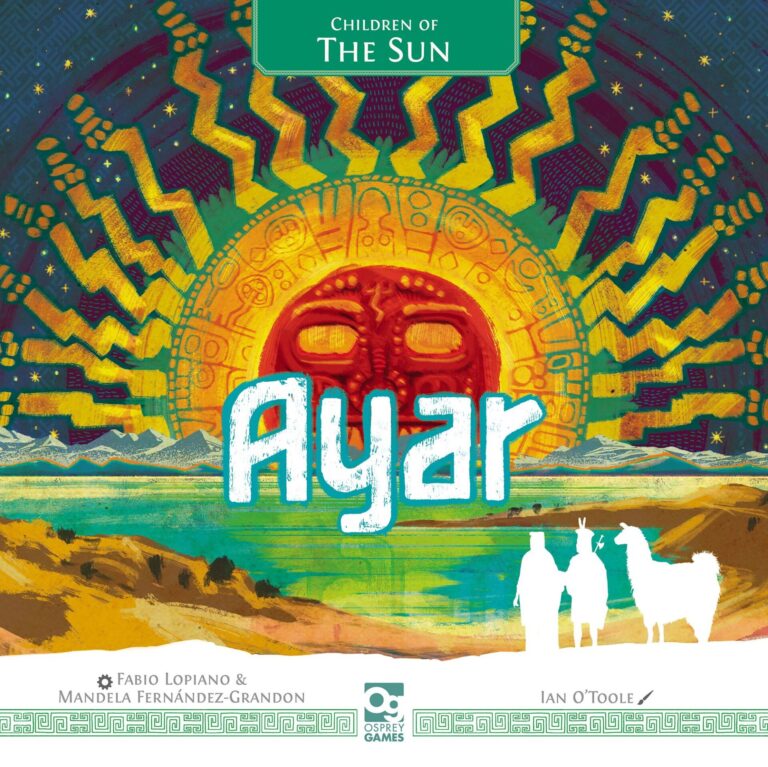
Ayar does things differently from its predecessors, but still retains the feel and atmosphere of them while offering something wholly different. I think it might be the best of the bunch.
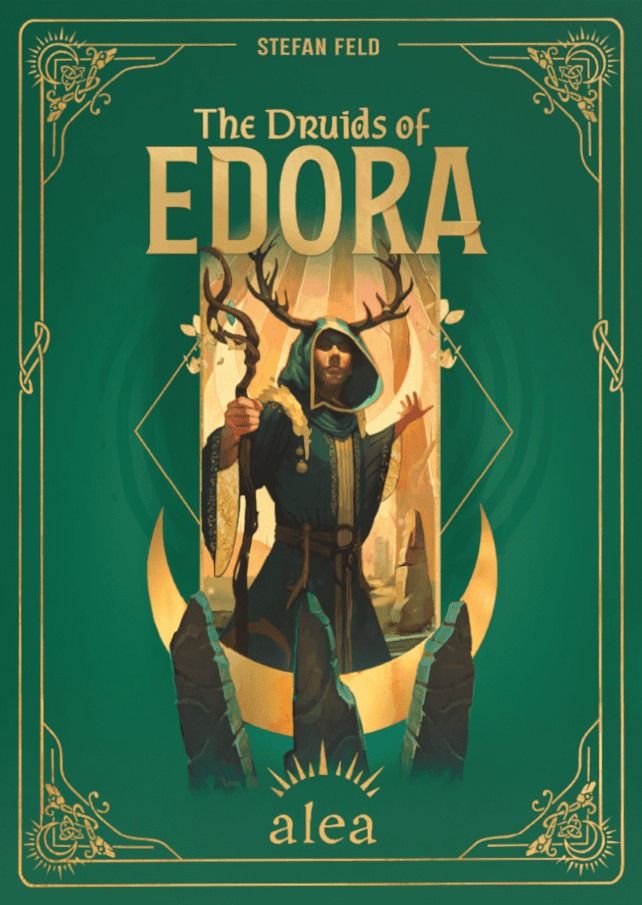
A new Stefan Feld game arriving is always exciting to me. You never quite know what you're going to get.
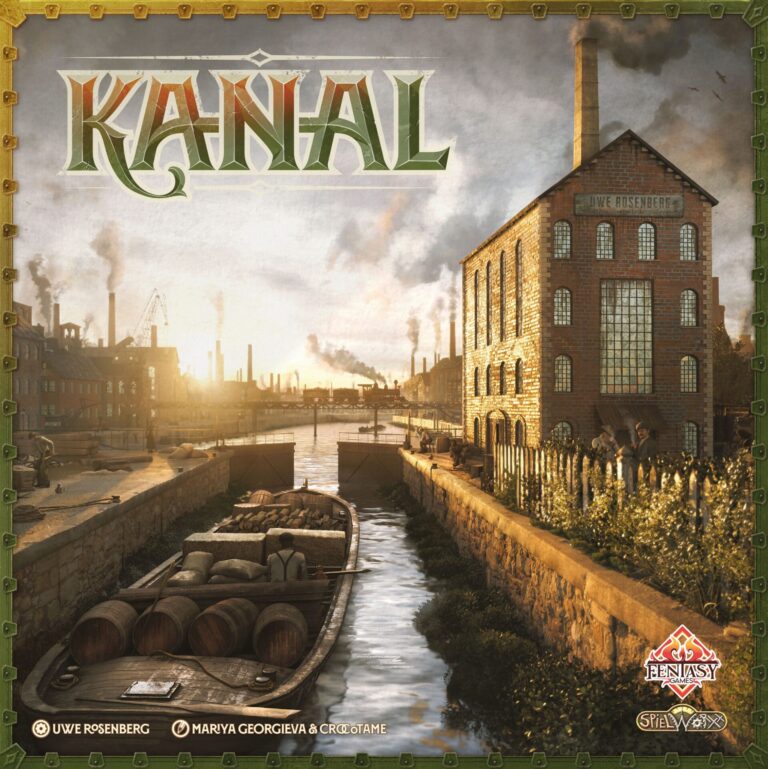
For me, though, Kanal is another of those games I'll return to again and again when I have an hour to myself and want to get away from the screen. A delicious solo puzzle ice cream with Rosenberg ripples throughout.
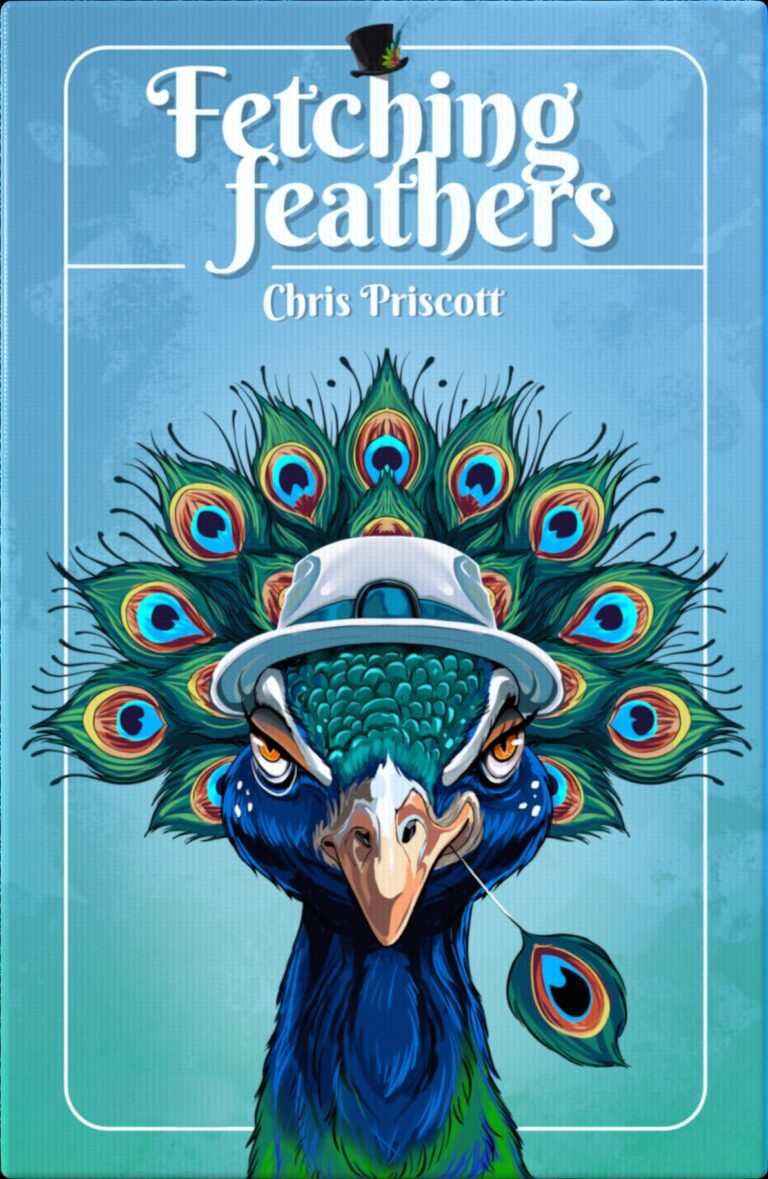
It's a familiar game, for sure, but I think it's more like a refinement than anything else. It's like making the most amazing sandwich, then someone saying, "You know what, let's see what happens when we add fewer flavours of crisps in this".

Solstis is one of those games where you need your head on a swivel. Knowing what your opponent is up to is as important as knowing what you are doing.

Sometimes a game is good enough to stand on its own. It has a theme, but that theme is like a dog wearing a bumblebee costume - it's cute, but it's not fooling anyone.